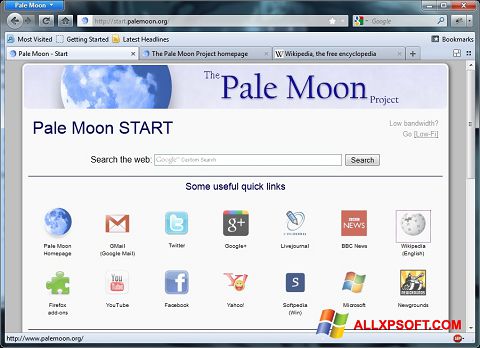
But Xubuntu 16.04 installed to a small SSD (with a $2 mSATA to IDE adapter card) booted quickest in around 20 seconds (newer Lubuntu might work even better?) and ran pretty normal. Xubuntu installed to the ancient IDE hard drive took 45 seconds to a minute to boot and ran kinda choppy. Modern Puppies took very long time to boot up, ran ok, browser choppy. A cantankerous DVDrom drive that is really picky about home burned dvds, didnt help. I am on metered data on cell hotspot so it really costs ME for all this nonsense unless I block it. They want to use your resources and bandwidth to collect your data and sell it for profit. Both ran nice, neither could support a modern full featured browser and IMHO, its pretty mandatory to be able to use extensions like NO-SCRIPT or Ghostery plus an ad blocker and self deleting cookie app so minimalist browsers not really very practical.

It was from the early XP days and I had at some point put a small unofficial n-lited version of XP called TinyXP on it (last SP3 version of full bloated XP too much for it) and some old version of Puppy Linux. Last I used it, think it was pretty much as ebook reader. Yea, its really a tough old thing, refuses to die though I hadnt regularly used it in some years. Somebody on another forum mentioning this browser problem for XP. It has a 1.5ghz pentium M single core and its maxxed out at 1.25GB RAM.

The ISO Image file contains the SP2 update.exe as well as support and deployment tools.I have a Panasonic Toughbook CF-50 circa 2002. This service pack is available for Windows XP Professional, 圆4 Edition. In addition, it adds new features and updates to existing Windows Server 2003 features and utilities. Microsoft Windows Server 2003 Service Pack 2 (SP2) is a cumulative service pack that includes the latest updates and provides enhancements to security and stability.


 0 kommentar(er)
0 kommentar(er)
